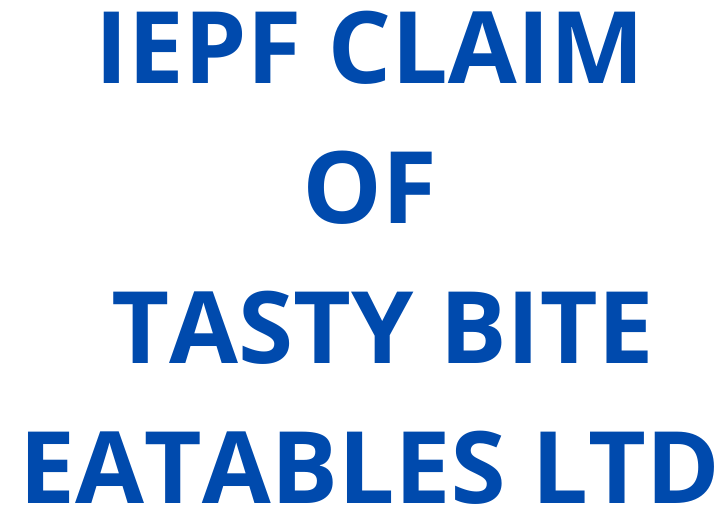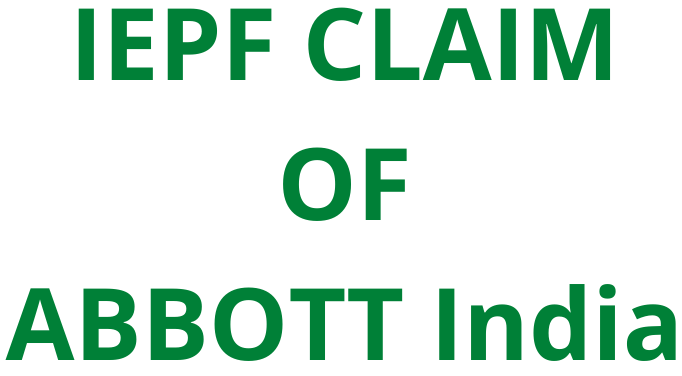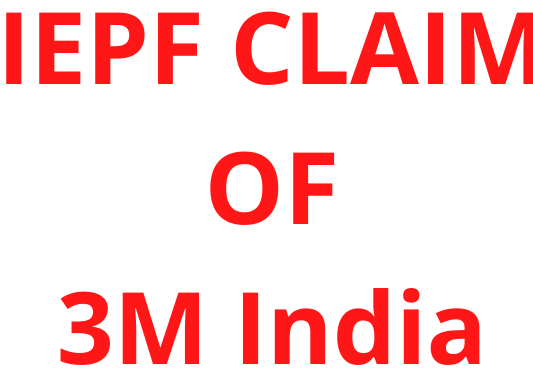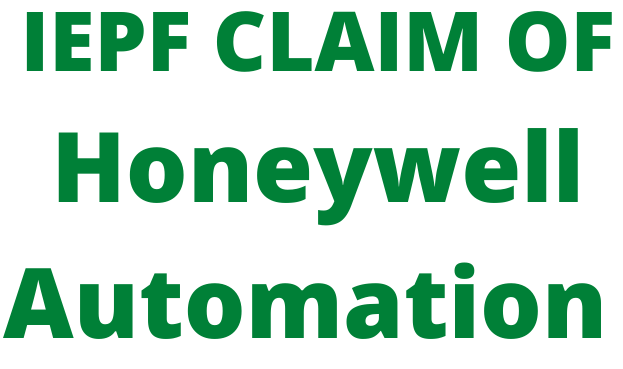IEPF claim of TASTY BITE EATABLES LTD shares / unclaimed dividend of TASTY BITE EATABLES LTD shares?
Â
IEPF claim of  TASTY BITE EATABLES LTD shares / unclaimed dividend of TASTY BITE EATABLES LTD shares?
The following information will help you with necessary details for IEPF claim or IEPF refund of  TASTY BITE EATABLES LTD shares as well as Unclaimed dividend claim of TASTY BITE EATABLES LTD shares
- Key information about TASTY BITE EATABLES LTD company :
- Name : TASTY BITE EATABLES Limited
- ISIN : INE488B01017
- CIN (Corporate Information Number): L15419PN1985PLC037347
- Registered office address :
- 201-202, Mayfair Towers, Wakdewadi, Shivajinagar, Pune, Maharashtra, 411005
- Telephone Number : 020-30216000 / 25531105 / 25530801,,
- Fax : 020-30216035 / 30216048,
- Email : Â secretarial@tastybite.com, info@tastybite.com
- Webisite : www.tastybite.co.in
- Registrar & Transfer Agent :
- Name of RTA : KFin Technologies Pvt. Ltd,
- Address of RTA: Karvy Selenium, Tower- B, Plot No. 31 & 32, Financial district, Nanakramguda, Serilingampally Mandal,Hyderabad,Telangana,500032
- Telephone Number : 040 - 67161500 / 18003454001
- Fax : 040 - 23001153 / 23420814
- Email : Â Â einward.ris@kfintech.com
- Website : www.kfintech.com
Â
Â
Â
Historical Corporate Action: TASTY BITE EATABLES LTD Bonus share issue and Split of share
- Bonus :
|
Announcement Date |
Bonus ratio |
Ex Bonus Date |
|
 |
 |
17 Aug, 1998 |
|
 |
 |
 |
|
 |
 |
 |
|
 |
 |
 |
|
 |
 |
 |
Â
Â
Split :
Â
|
Announcement Date |
Old Face Value |
New FV |
Ex Split date |
| Â | Â | Â | Â |
|
 |
 |
 |
 |
Â
Process to Claim:
- First point of connect:
- The company secretary of TASTY BITE EATABLES LTD
- RTA (Regsitrar & Transfer Agent) of TASTY BITE EATABLES LTD. In case of TASTY BITE EATABLES LTD shares the RTA is KFin Technologies Pvt. Ltd which can be reachable at einward.ris@kfintech.com
- RTA, after verifying the details of investor, will provide the details of holding and procedure to claim the shares
- If Investor has lost the original shares, he will have to undergo procedure of duplicate share certificate as suggested by RTA
- If Investor is deceased, his legal heir will have to establish their legalheirship to RTA through legal documents and then the legal heir can claim the shares from company after following procedure of transmission
- If the shares have been transferred to Govt of India, then apart from dealing with company and fulfilling their formalities, investor / claimant would have to additionally comply with the procedure of IEPF claim or IEPF refund or IEPF refund.
Â
Â
Should you have any of the following question then please feel free to reach out to us at samadhan@sharesamadhan.com for any of the assistance
- How to claim my old share of TASTY BITE EATABLES LTD?
- How to recover TASTY BITE EATABLES ltd shares from IEPF?
- IEPF claim of TASTY BITE EATABLES LTD
- Unclaimed dividend of TASTY BITE EATABLES LTD
- How to convert my physical shares of TASTY BITE EATABLES LTD in to demat?
- How to claim shares of TASTY BITE EATABLES LTD from IEPF?
- How to file IEPF CLAIM OR IEPF REFUND or IEPF refund for TASTY BITE EATABLES LTD share?
- How to claim lost shares of TASTY BITE EATABLES LTD, what will I do?
- How do I claim my forgotten shares of TASTY BITE EATABLES LTD?
- How do I claim my deceased family member’s TASTY BITE EATABLES LTD share?
- How to get duplicate share of TASTY BITE EATABLES LTD?
- How to get succession certificate for shares of TASTY BITE EATABLES LTD of my family?
- How to get unclaimed dividend of  TASTY BITE EATABLES LTD?
- How to get refund of unclaimed dividend of  TASTY BITE EATABLES LTD from IEPF?
- How to get the shares of  TASTY BITE EATABLES LTD in the death of the joint holder?
- How to get the shares TASTY BITE EATABLES LTD in case of nominee?
- How to get the shares of  TASTY BITE EATABLES LTD if the legal heir is minor?
- How to get the shares of TASTY BITE EATABLES LTD after the death of shareholder where there is couple of legal heir?
- How to get the shares of TASTY BITE EATABLES LTD when there is dispute in the family to claim the shares of deceased?
- How to claim the shares of TASTY BITE EATABLES LTD after the death of the trustee of the trust who was the shareholder?
- How to claim the shares of TASTY BITE EATABLES LTD in case of death of shareholder?
- How to claim the shares of TASTY BITE EATABLES LTD for NRI?
- How to claim the shares of TASTY BITE EATABLES LTD for foreign personnel?
- How to claim the shares of TASTY BITE EATABLES LTD in case of deceased NRI?
- How to Transmit shares from demat of TASTY BITE EATABLES LTD ?
- How to claim shares from Unclaimed suspense account of TASTY BITE EATABLES LTD ?
- How to demat shares of TASTY BITE EATABLES LTD in case of mismatch of name ?
- How to update the Address or signature in company records for TASTY BITE EATABLES LTD ?
- How to demat the shares TASTY BITE EATABLES LTD if one of the joint holder is deceased ?
- Free search of IEPF?
- How to search IEPF?
- How to search unclaimed Investment?
- How to search Lost Investment?
- How to search unclaimed dividend?
- how to search IEPF claim?
Â
Published on 18th  November 2021
Â
Â





